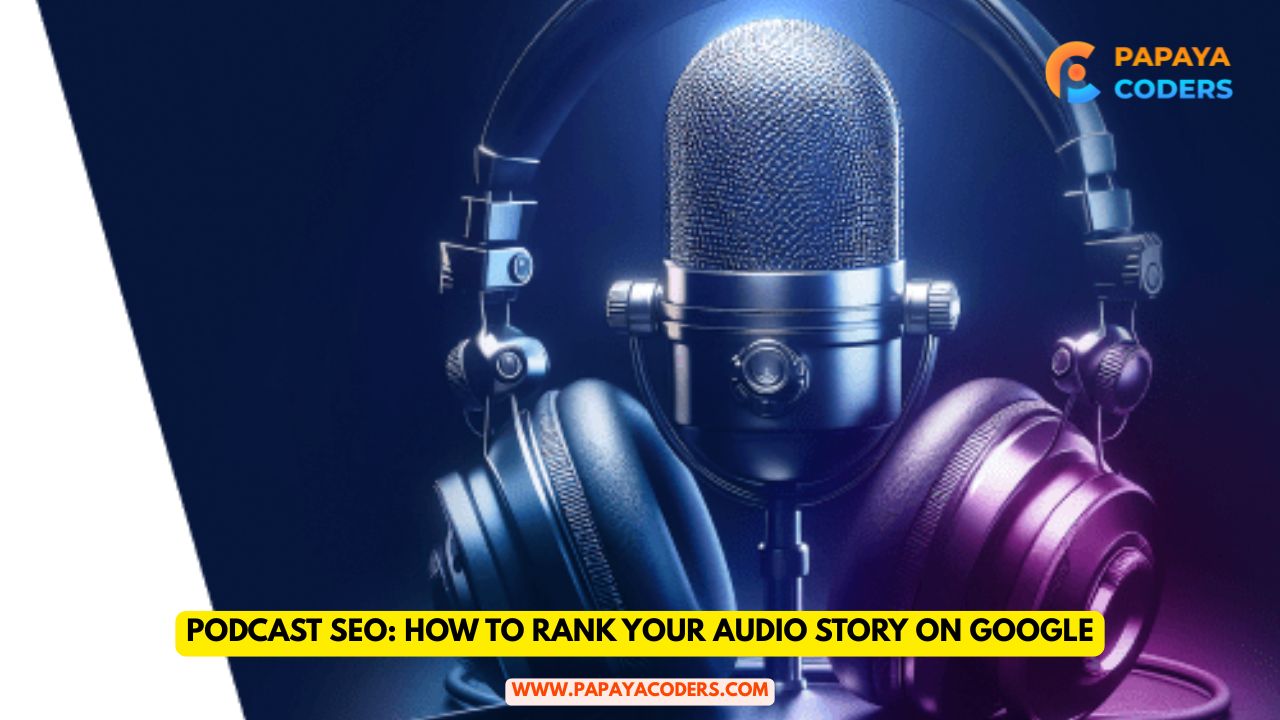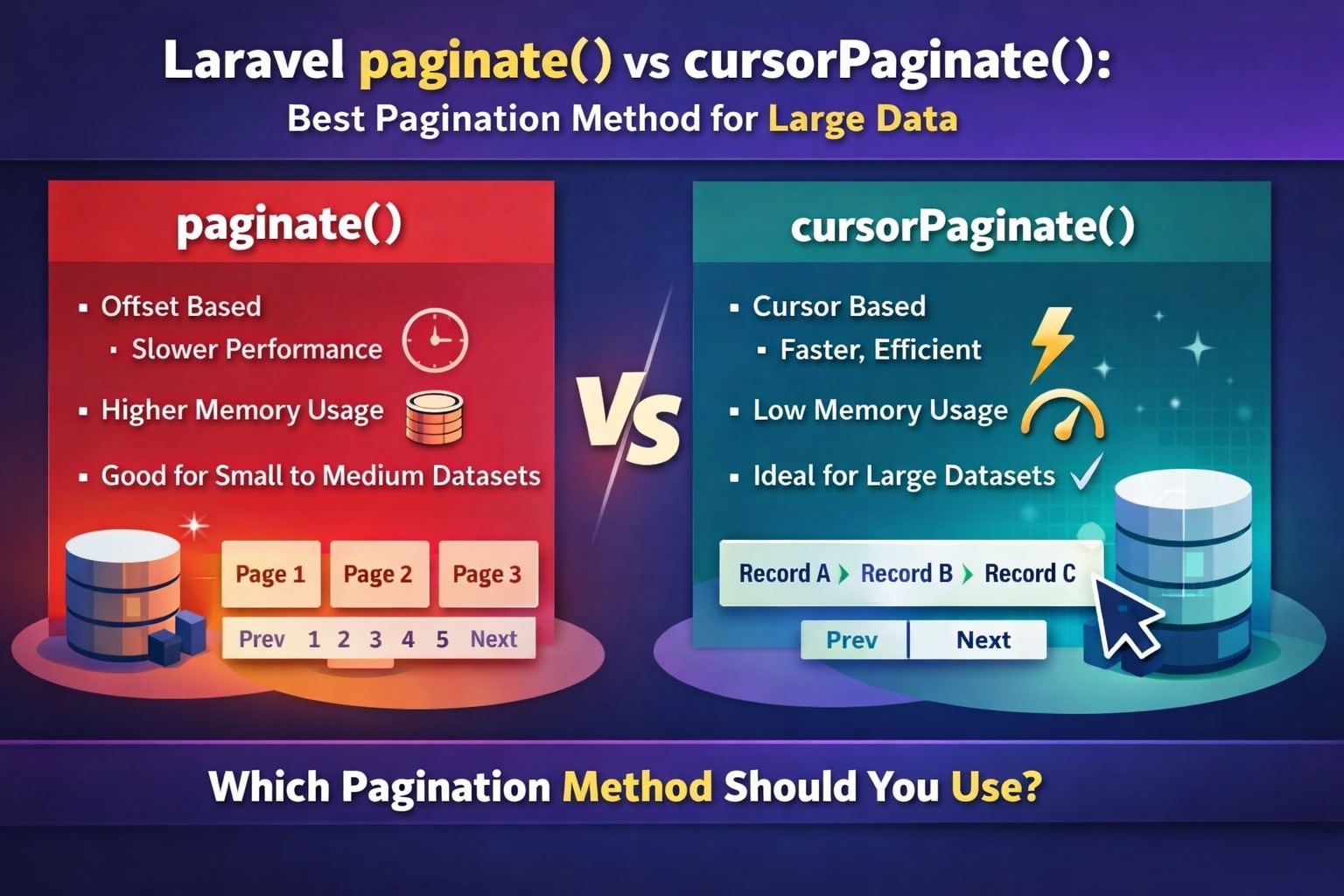Podcasting has now evolved into one of the most powerful mediums for storytelling, brand building, and connecting with audiences. There are millions of active podcasts available on various platforms, and with that, there is a challenge for creators to get their content in front of the audience.
While podcast platforms like Spotify, Apple Podcasts, and Audible are the natural places to discover content, Google is still an important player in regards to directing new audiences to podcast episodes.
This is the first point where Podcast SEO is necessary. By optimizing your audio content for search engines, you will not only reach more people but will also give yourself the best chance of existing when the average person is searching for content on the same topic.
Recognizing the Significance of Podcast SEO
Podcast SEO functions similarly to “traditional” website SEO but requires a strategy that is specific to audio-first content. Podcasts contain value in audio, which differs from blog posts or YouTube videos in that search engines will crawl blog posts and videos to extract some meaning.
Podcasts represent more of a challenge for search engines because their primary value is contained in audio. Fortunately, Google has developed to where it can index audio files and extract some moments from within those audio files.
For podcasters, podcast SEO signifies that you must develop a strategy in which not only is the audio optimized, but also a strategy that optimizes the metadata surrounding the audio content to match what people are most actively searching for. Without podcast SEO, the best content gets hidden under the noise of millions of other podcast episodes.

Writing Great Titles and Descriptions
When you think of podcast SEO, your title probably has one of the strongest ranking factors. A podcast episode title should be catchy for humans and descriptive for search engines. For example, if you create a podcast episode titled “Episode 12: The Future”, you may want to improve by adding something about the subject matter, such as “The Future of Remote Work: How Technology is Changing Careers.”
What would improve your podcast episode description? If the description is only one line that teases the content, it will help your podcast SEO content to create a paragraph that skims the main topics, has a straightforward use of keywords, and adds one more reason for people listening, perhaps stating why the audience should listen.
Transcripts and Show Notes as SEO Assets
Search engines particularly struggle to understand the full value of audio, and that’s where transcripts and show notes come in handy. When you share the transcript for your podcast, you are converting spoken words into text that Google can crawl. If you use show notes, they act like blog posts for each episode.
A good show note can summarize the conversation, highlight the main points, provide links to resources or guest websites, and enhance the listener experience with additional context. You get the added value of enhanced SEO for your podcast, and, as additional context to your podcast, the listener experience is much improved if you provide show notes as well.
Your Podcast Website is Your SEO Asset
Only distributing your podcast on major platforms with no other depository limits your SEO. If you can develop a dedicated podcast website, at a minimum, a designated page for each episode links to your discoverability. Each page needs to have search-optimized headings, meta descriptions, episode players, and relevant keywords.
When you opt for a transcript along with the audio, the search engine’s ability to discover your content is improved dramatically. As you start to build relevance for your site on various podcast topics over time, your future episodes may become more easily discovered and ranked at a higher level.
Using Backlinks and Guest Spots
Backlinks are an important element of podcast SEO, too. When a guest records an episode and then shares the link to the episode on their website or social media, search engines see that as an external signal and will provide value to it, especially when you allow guests to link back to their website or social media as well in the process.
Each link is a form of endorsing; an external signal indicating to Google that your content is valid and trusted. your peers’ (or your competitors’) shows. This will not only provide you with exposure to new audiences, but it will also provide an external link back to your website, which can even help your own SEO.
The Importance of Keywords in Podcast SEO
Just like when researching for blogs or videos, keyword research is crucial in podcasting. Before you even begin to record an episode, podcasters can check which search terms audiences are looking for.
So long as the keywords you’re seeing mimic naturally throughout the proposed episode title, copy (description), and transcript, it’s helpful to align them with the customer’s journey.
If people are typing in “AI tools for small businesses” into a search engine and building an episode around that phrase, there is a better chance of a positive ranking. Think cautiously before routinely stuffing your copy. Google will always reward naturally written and valuable content over keyword-stuffed nonsense.
Future of Podcast SEO in 2025 and Beyond
With the rapid growth of AI and voice recognition technologies, Podcast SEO is evolving. Google is now able to scan audio more efficiently, detect key themes, and even display podcast episodes directly in search results.
This trend is expected to grow stronger in the coming years, giving podcasts the same visibility as traditional blogs and videos. Small creators who embrace SEO today will be ahead of the curve when podcast discoverability becomes even more competitive.
Read also:-
- Automating Development Workflow Using Docker Volumes and Bind Mounts
- Answer Engine Optimization: AI-Powered Search
Conclusion:
Podcast SEO is no longer optional and is required of creators who want to rise above an overcrowded media ecosystem. By optimizing titles, descriptions, transcripts, and websites, podcasters can drastically increase their ability to rank on Google. The end goal is not simply to attract search traffic, but to convert those listeners into loyal subscribers who return for every episode.
There will come a time in 2025 when podcasts continue to grow into one of the primary mediums, and those who have implemented SEO will have a long-lasting advantage over the competition.








